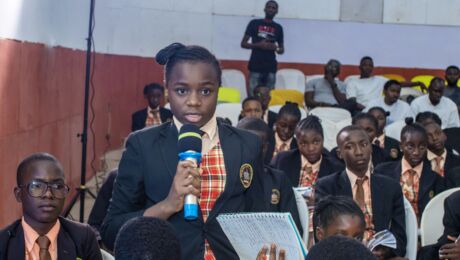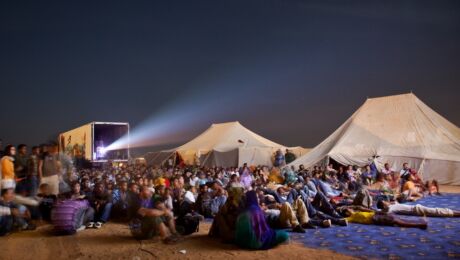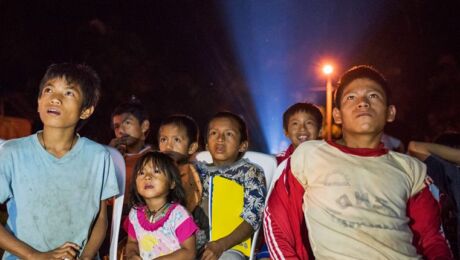From Burundi to Brazil: Meet Our Latest Grantees
We are thrilled to announce that our grant programme is supporting 11 incredible projects this year! Among them are a brand new queer film festival in Nepal, the sixth edition of a feminist film festival in Ecuador, and a travelling cinema project in Haiti. 16 July, 2024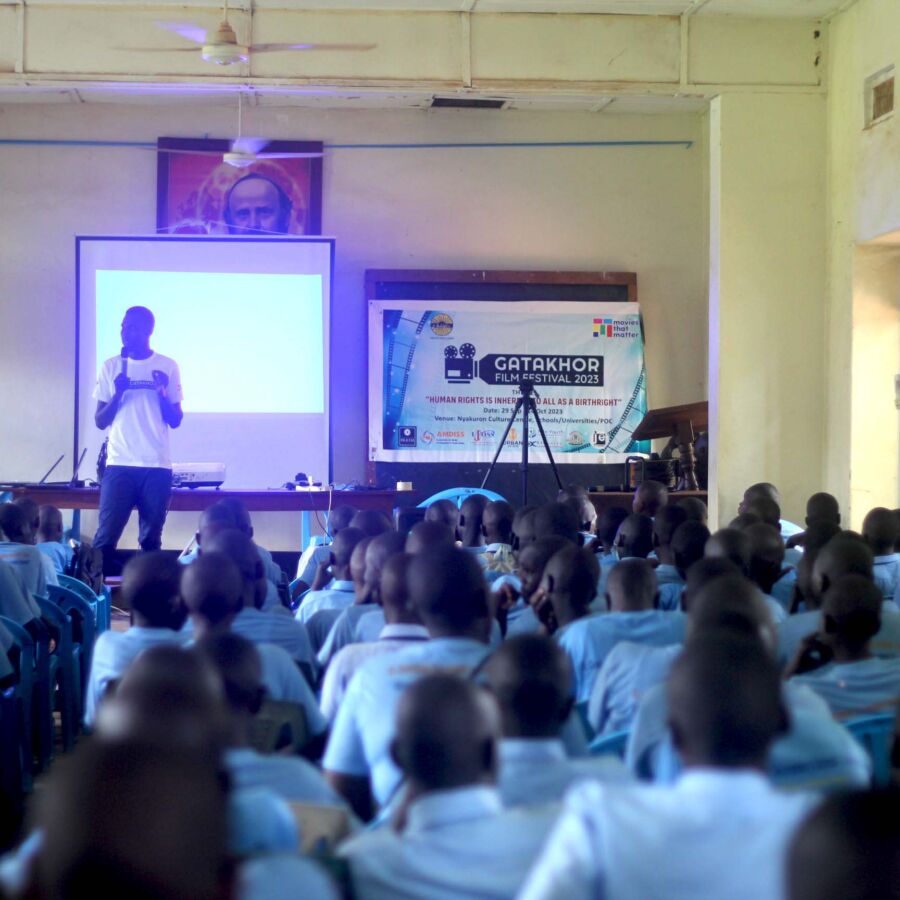
To promote the screenings of human rights cinema worldwide, Movies that Matter offers grants to human rights film events in Africa, Asia, Latin America, the Middle East and Eastern Europe, especially in countries with limited resources and where freedom of press is at stake. These events can take various forms, such as human rights film festivals, LGBTQIA+ film festivals and mobile cinema projects. Learn more about the supported projects from this year’s first application round below.
Do you organise similar events and are you still looking for funding? Review the selection criteria and general regulations for our grant programme, and submit your project proposal for the second round of applications by 1 September 2024.
-
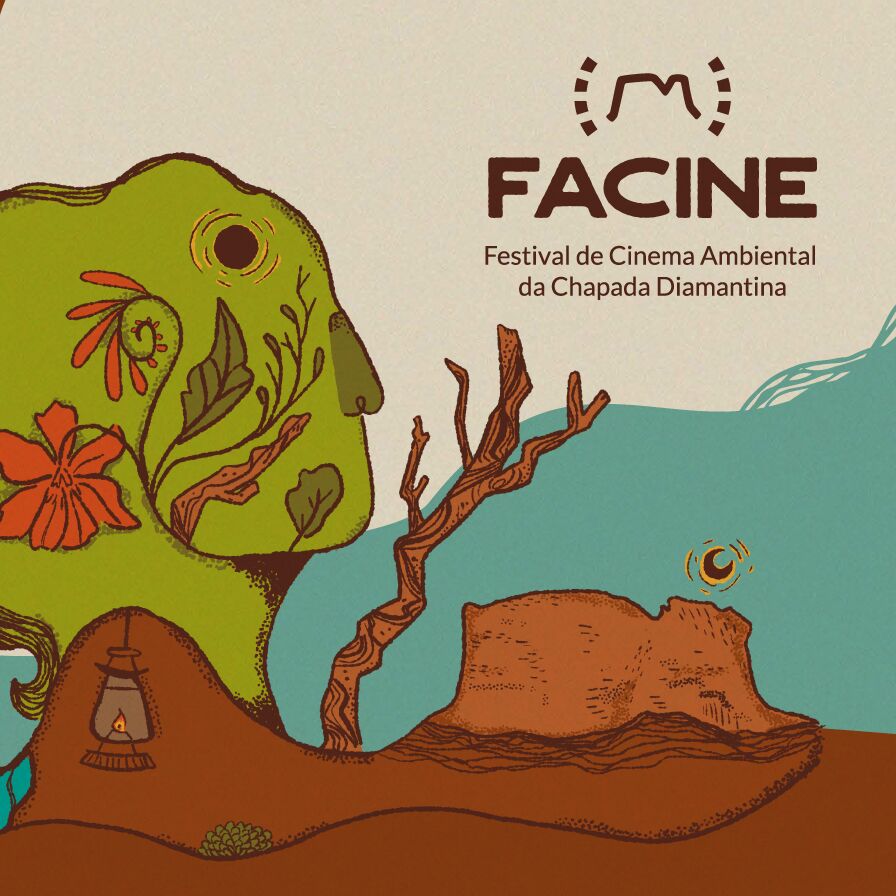
Facine – Festival de Cinema Ambiental da Chapada Diamantina
Brazil | 1 - 10 November 2024
The second edition of the decentralized Facine – Chapada Diamantina Environmental Film Festival will be held across 12 cities in the Chapada Diamantina region of Bahia, Brazil. The festival will feature 28 films centered on socio-environmental issues and human rights, with a lineup that includes 50 screenings, 36 debates, and 3 workshops in various cities. Additionally, Facine will provide an online screening programme on their website, showcasing 14 out of the 28 films. The festival will attract an estimated 5,000 visitors in total.
-
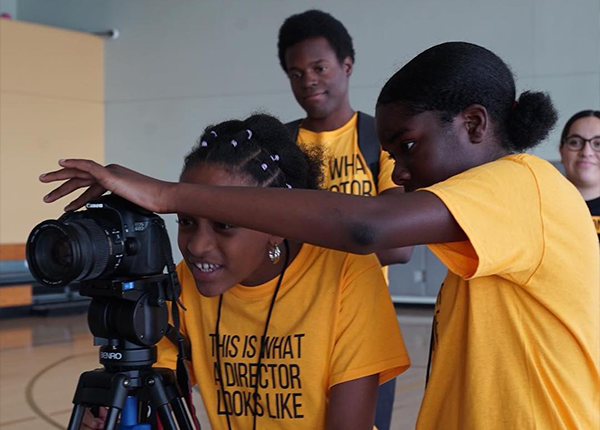
IMPAKT Film Festival
Burundi | 23 - 27 September 2024
The second edition of the IMPAKT Film Festival (IFF) will take place in Bujumbura, Burundi, showcasing a diverse selection of films that tackle pressing human rights issues affecting Burundians. Beyond film screenings, IFF will include panel discussions, workshops, and masterclasses aimed at empowering aspiring filmmakers and fostering community engagement through meaningful conversations. The film selection focuses on various themes, including gender equality and women's empowerment, environmental conservation and sustainability, socio-economic resilience and entrepreneurship, and access to healthcare and community support. The festival is expected to attract around 8,000 visitors.
-

Beijing Queer Film Festival
China | 1 - 10 November 2024
The 17th edition of the Beijing Queer Film Festival, also known as the Love Queer Cinema Week, is scheduled to take place from November 1st to 10th, 2024. The 10-day festival will feature a programme of 70 films, including 58 short films, with a total of 30 screenings. Feature-length films will be highlighted in the "New Queer Voices" category, while short films will be grouped into themed screenings. In addition to the screenings, 23 talks, networking events, and panel discussions are planned at the French Institute and Goethe Institute in Beijing. The festival is expected to draw approximately 1,800 visitors.
-
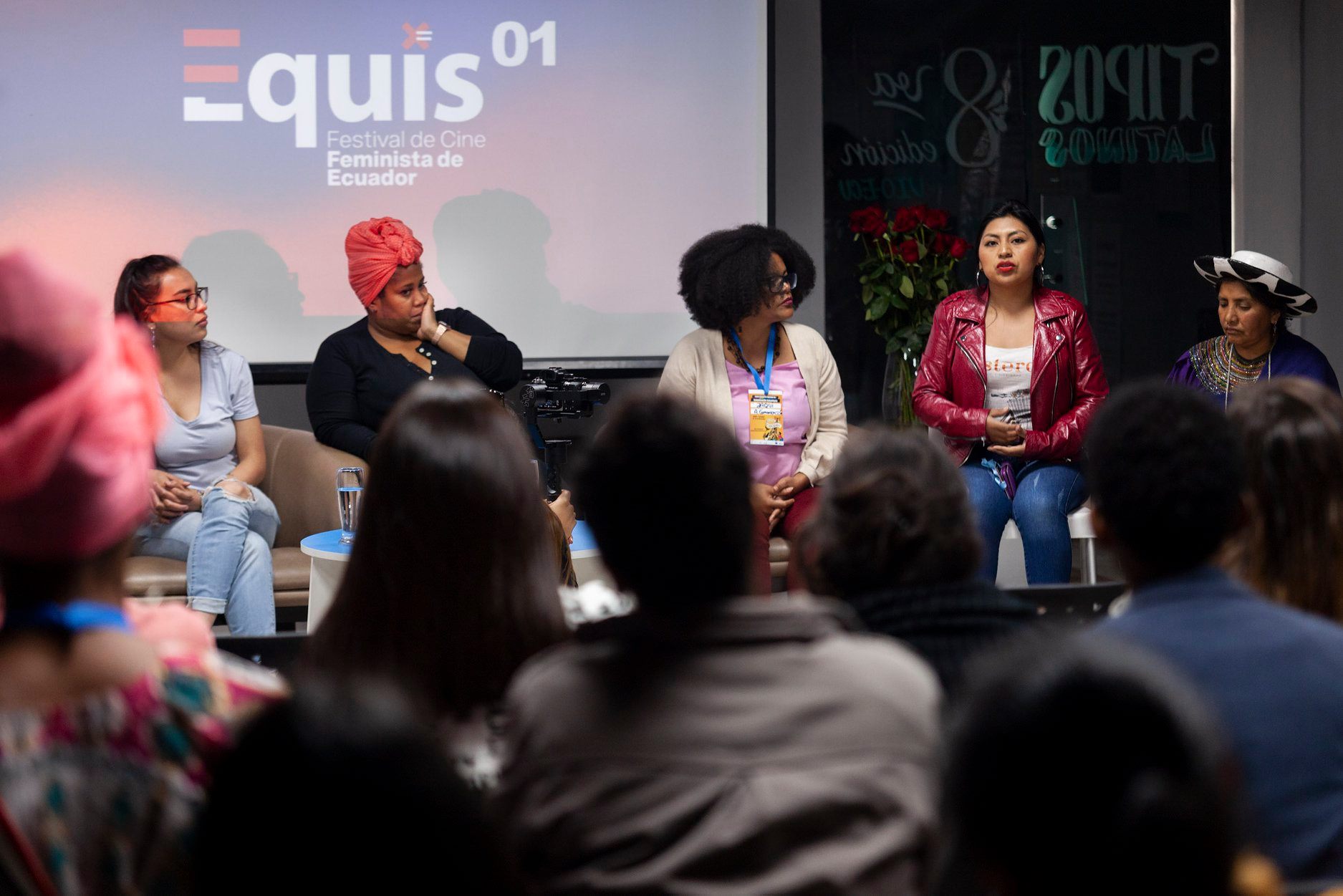
EQUIS – Ecuador’s Feminist Film Festival
Ecuador | 12 - 24 November 2024
The sixth edition of EQUIS – Ecuador’s Feminist Film Festival will feature around 30 national and international films that spotlight women's experiences and the impact of violence. Screenings will be held in Quito, Cuenca, and within a satellite network of 13 communities across Ecuador. Additionally, the EQUIS Virtual programme will feature at least six virtual screenings, including both shorts and feature films. The festival is anticipated to attract approximately 3,500 visitors.
-
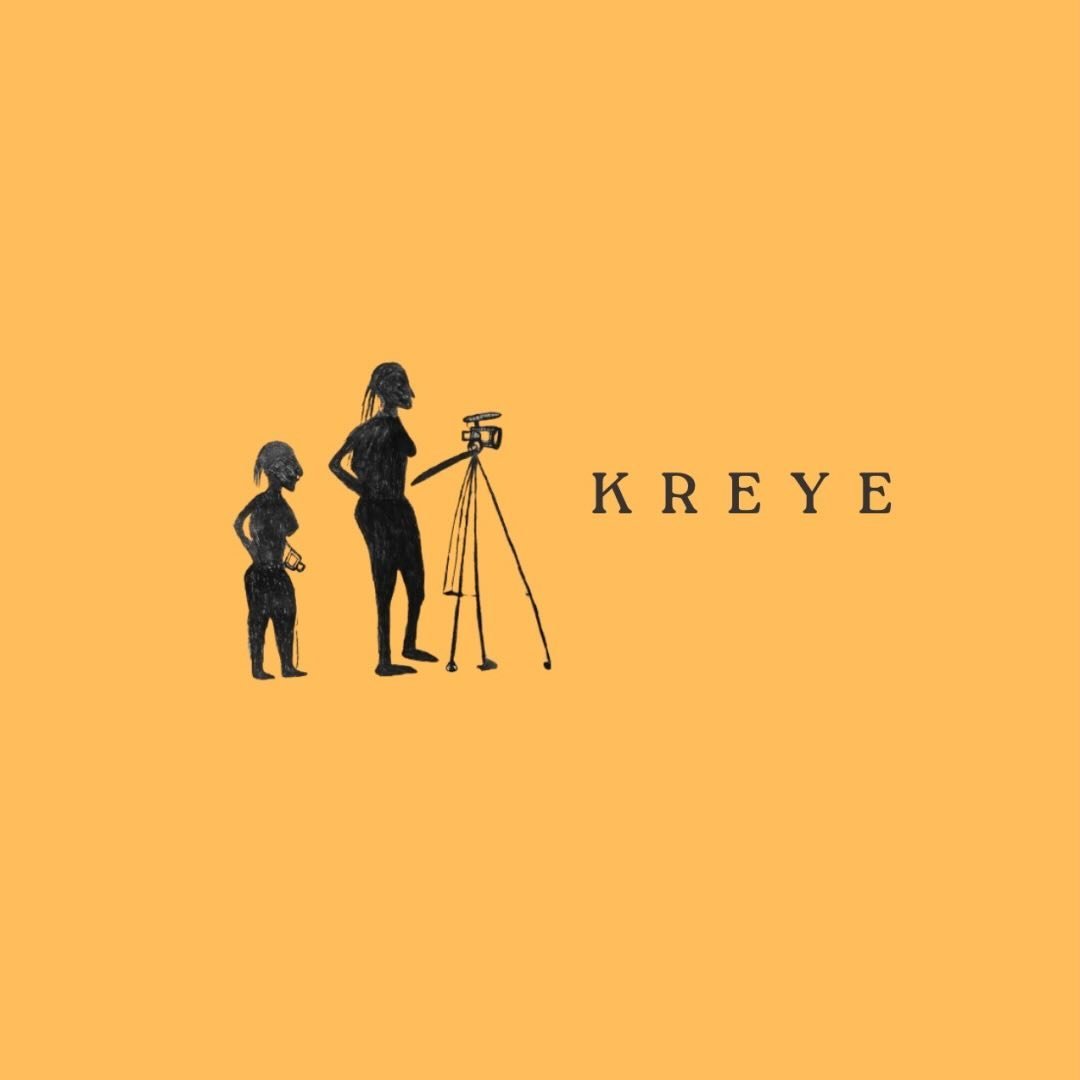
Sinema Andeyò
Haiti | August 2024 - January 2025
Sinema Andeyò is a traveling cinema project scheduled to run from August 2024 until January 2025. The primary goal of the project is to promote the use of audiovisual media to raise awareness of human rights issues among inhabitants of rural Haiti, especially women, children, and young people. Emphasizing collaboration with grassroots community organisations, the project aims to foster the socio-educational development of local youth. A total of 11 screenings will be organised in various locations in the Grand Sud, particularly in the Sud-Est and Grand-Anse regions. Each screening will be followed by thematic debates, image education workshops for schoolchildren, and special screenings for children with dedicated films and tools. The festival is expected to attract approximately 5,000 visitors.
-
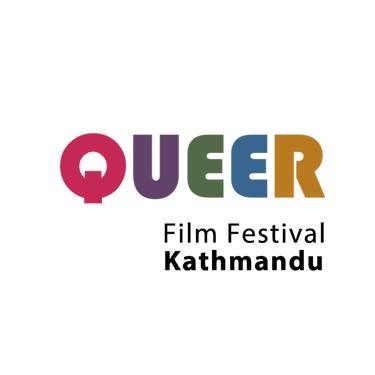
Kathmandu Queer Film Festival
Nepal | 23 - 24 November 2024
The inaugural Kathmandu Queer Film Festival (KQF) is a two-day event in Nepal showcasing documentaries, short fiction, and experimental videos that explore diverse storytelling. The festival features queer films, documentaries by women, and short fiction, along with dialogues on issues concerning queer people and human rights. Programme themes include the Celebration of Queer Identity (stories of resilience), Lived Experiences, Women Lead (films by women filmmakers), and Young Voices (films by young queer filmmakers). The festival is expected to attract around 3,000 visitors.
-
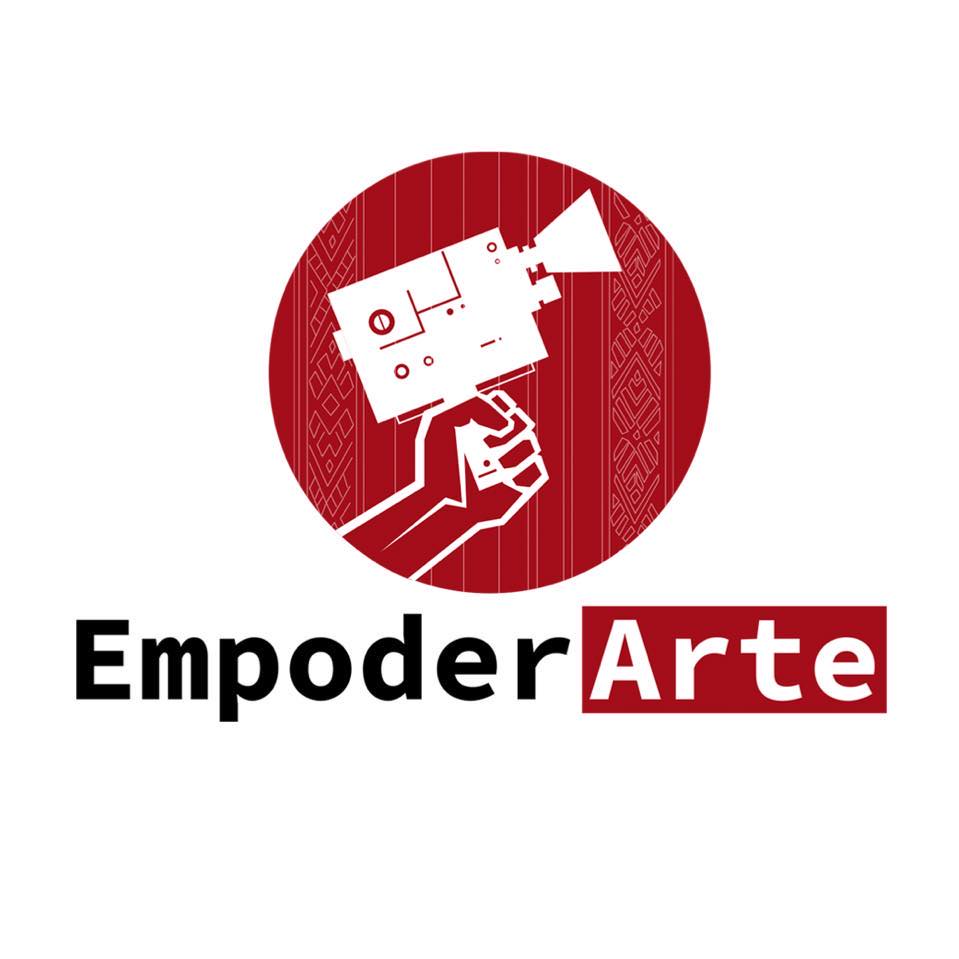
Nos sembraron miedo, nos crecieron alas
Peru | 15 November – 1 December
The first edition of a decentralised festival by EmpoderArte entitled 'Nos sembraron miedo, nos crecieron alas' ('They planted fear, yet we grew wings') will take place across various departments in Peru, outside the capital of Lima. The festival will showcase films that have not or rarely been screened in Peru, including 6 shorts, 6 documentaries, and 2 fiction films on themes such as the right to migration, women's rights, children's rights, and the rights of indigenous peoples. In addition to film screenings, there will be Q&A sessions and panel discussions, allowing audiences to engage directly with the film teams and discuss the key themes raised in the films. The programme also includes workshops on advocacy and activism, as well as an online residency programme for activist filmmakers. The festival is anticipated to attract approximately 1,200 in person visitors and 5,000+ online views.
-
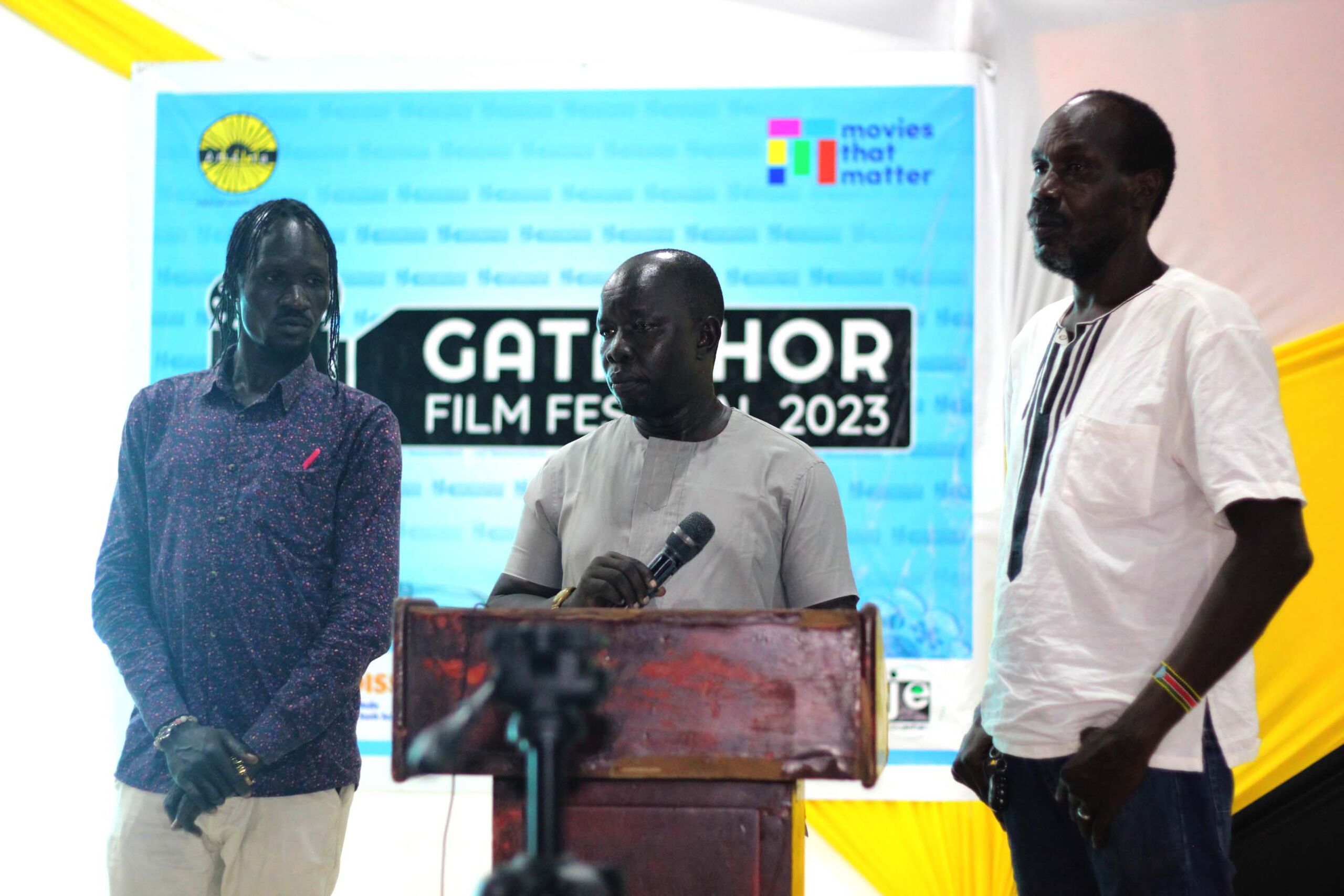
Gatakhor Human Rights Film Festival
South Sudan | 1 November 2024
The second edition of the Gatakhor Human Rights Film Festival (GAHRFF) aims to address human rights violations affecting children, youth, women, and people with disabilities. This edition will be held in Juba and Torit. Key activities include 2 public screenings, 10 school screenings, training 10 film producers on human rights films, organizing 2 radio talk shows, producing 2 PSAs to promote the festival, engaging on social media, broadcasting the PSAs on radio, and calling for and reviewing film submissions. The festival is expected to attract around 1,200 visitors.
-
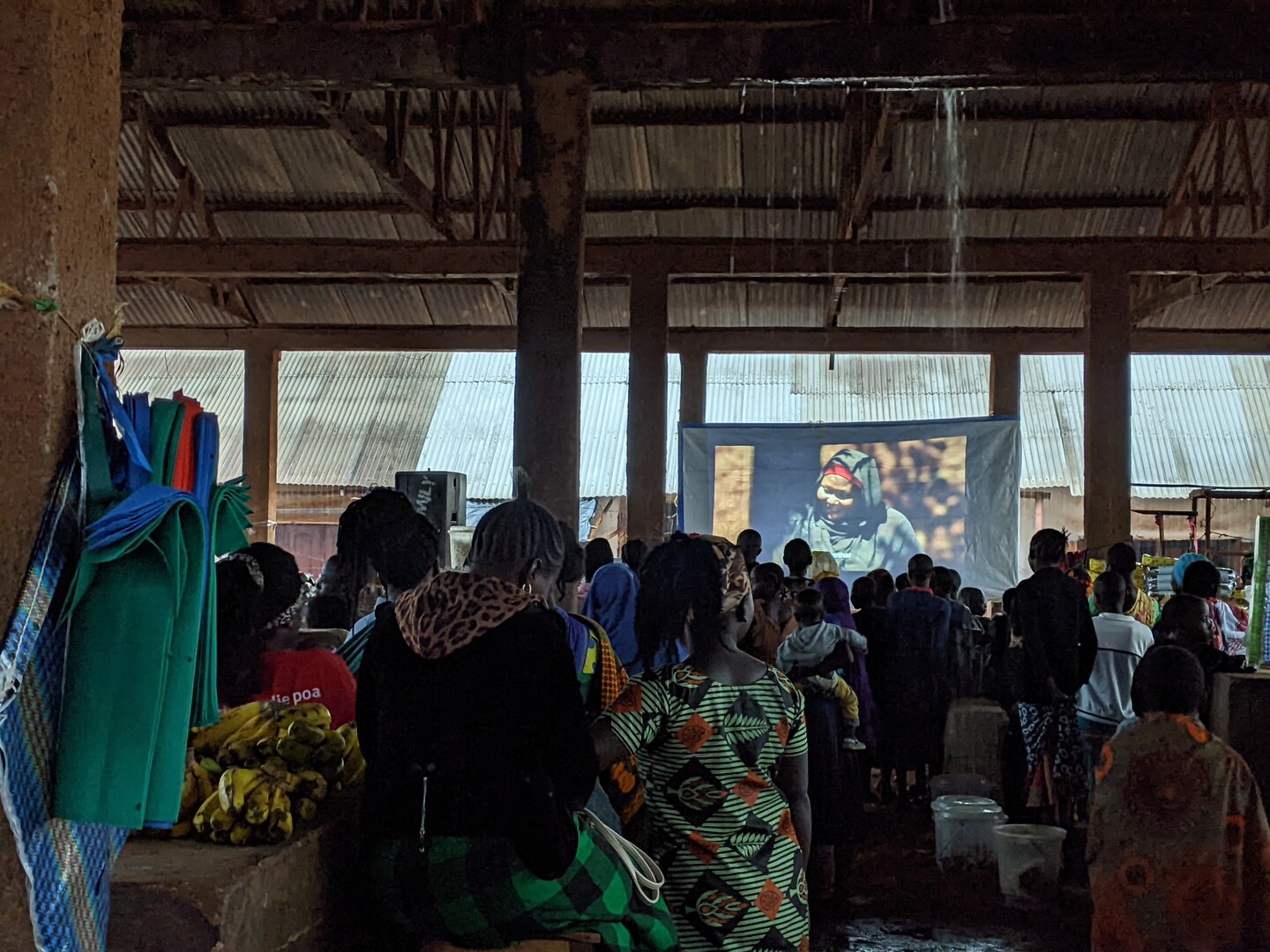
Sauti Zetu Film Festival
Tanzania | 11 - 13 October 2024
The second edition of the Sauti Zetu Film Festival in Tanzania, an annual cinematic event dedicated to promoting filmmaking from a human rights perspective across Eastern and Southern Africa. Scheduled to take place over three days from October 11th to 13th, the festival will be held in Dar es Salaam and the Coastal region of Tanzania. It will feature films from Tanzania, Kenya, and South Africa. The programme is organized into three categories: films by Tanzanian filmmakers, films focusing on civic space and freedom of expression, and films advocating for equality and justice. The festival is expected to attract around 1,600 visitors.
-
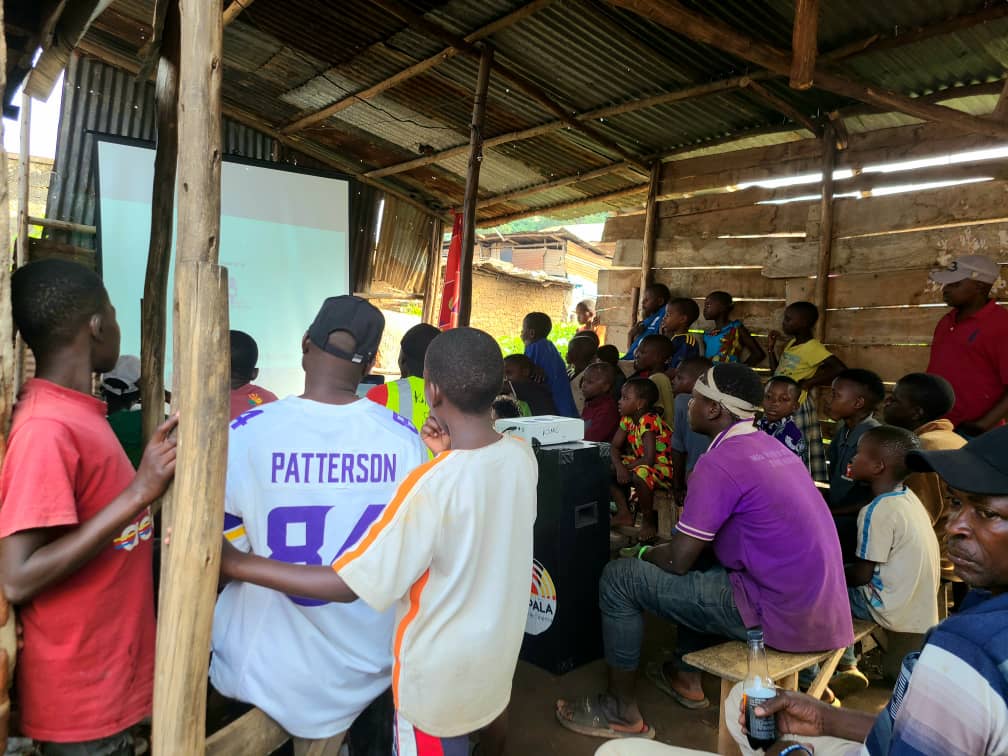
Kampala Slum Mobile Cinema Outreach
Uganda | November 2024
The second edition of the Kampala Slum Mobile Cinema Outreach, a mobile cinema project, aims to bring entertainment, education, and cultural exchange opportunities to underserved communities in Uganda. This year, the project will visit three slums in Kampala and two new slums in Entebbe. The main activities include free open-air film screenings focused on human rights themes relevant to the residents of these slums. Each screening will be followed by debates and discussions to foster dialogue and community participation. The project is expected to attract around 5,000 visitors.
-

Filma Feminist Film Festival
Ukraine | 22 November - 6 December 2024
The 4th edition of the Filma Feminist Film Festival in Ukraine will feature 15 films, including both features and shorts, with follow-up discussions for each programme. In addition to online screenings, there will be offline screenings in Kyiv, Dnipro, and Lviv. This edition will include several thematic areas with co-curated programmes: eco-feminism, queer camp as grassroots political cinema, and a selection of feminist filmmaking based on submissions. The festival is expected to attract around 3,500 visitors.
